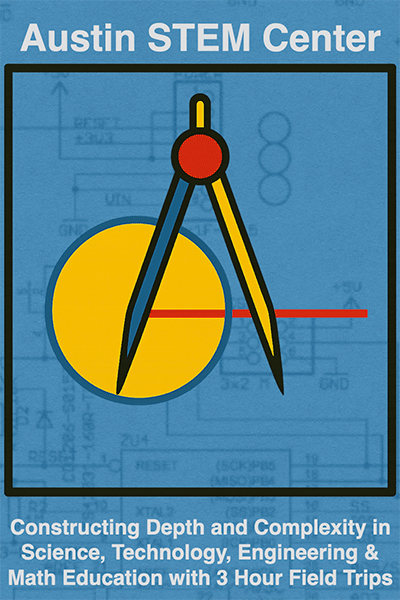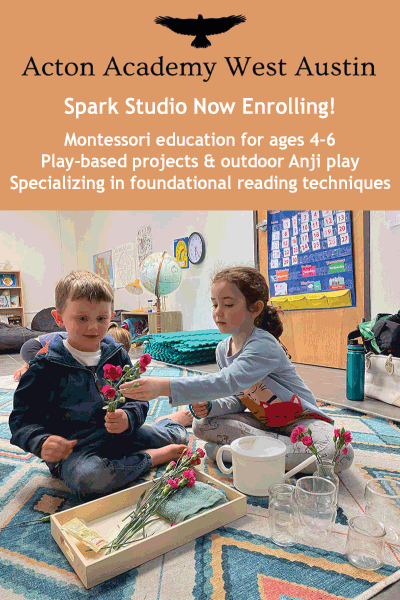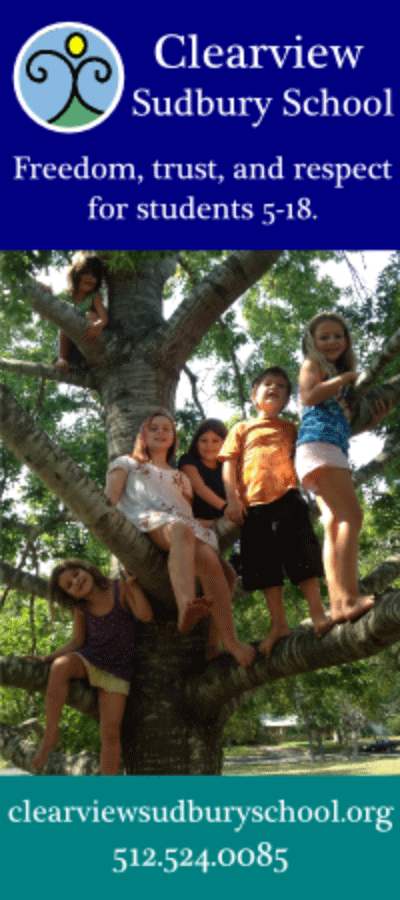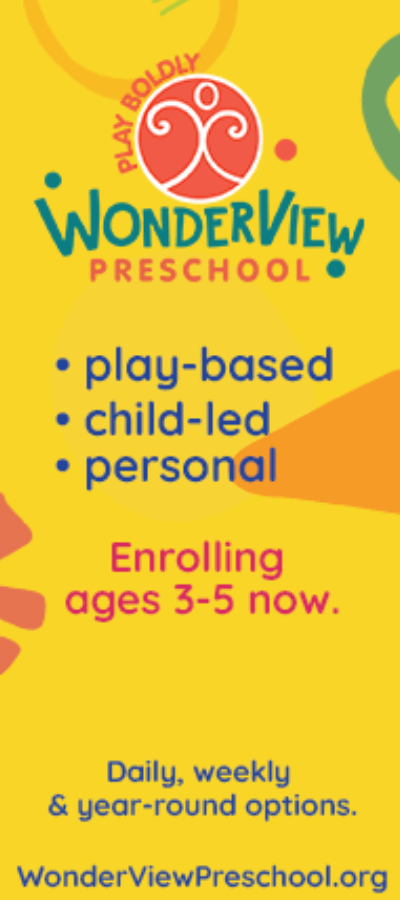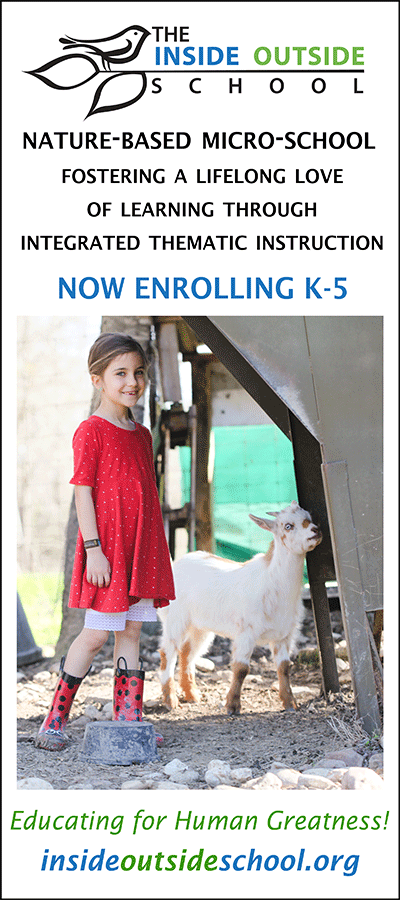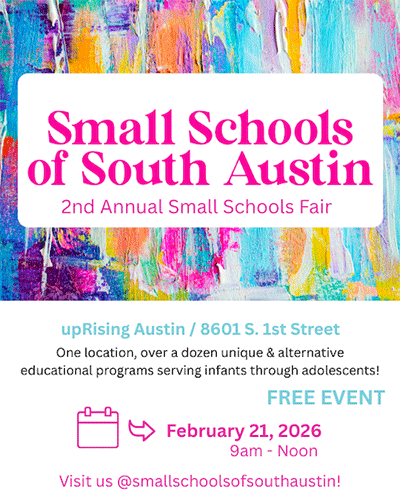Awareness, acceptance, and admiration for kids with ASD
/It’s a little late, but as Autism Awareness and Acceptance Month comes to a close, I wanted to make sure to highlight some of the great work being done for Austin kids on the autism spectrum. Autism is a collection of neurological, developmental disorders that used to be divided up into many categories, but now researchers believe they all are variations of the same thing: Autism Spectrum Disorder, or ASD. The CDC estimates about 1.5 percent of kids in the United States are on the spectrum, and it’s something they’re born with, not the result of any trauma or environmental factors.
Kids with ASD often struggle with communication and social interaction, have heightened sensitivity to the world around them, and sometimes have some trouble with motor skills. The Autism Society of Texas (formerly the Autism Society of Central Texas) has loads of materials for parents, children, and educators who would like to become advocates and allies—or just want to know more. Their website also highlights camps for kids on the spectrum in the new 2017 Recreation & Camp Guide for Students with Special Needs, available in English and Spanish.
One of the best ways we can become good allies for kids with ASD is to help everyone learn more about it, including children of all ages. I can recommend Amethyst Schaber’s YouTube channel and especially her “Ask an Autistic” feature for its straightforward answers to common and not-so-common questions. Amethyst’s friendly face and voice will help younger children understand that ASD isn’t a scary thing and that some of the common “stims,” or forms of stimulation used by people with ASD (like hand waving or eye movements) are nothing to be afraid of.
Another terrific video primer for middle and high school kids who want to learn more about ASD is Khan Academy’s “What is autism spectrum disorder?”
For those who would like a resource in English and Spanish, make sure to take a look at Autism Spectrum Explained. This website was created by a college student whose sister is on the spectrum. The clever videos show viewers that different doesn’t mean non-functioning—in one case by using the analogy of PC and Mac operating systems.
Many schools in Austin and surrounding areas offer services tailored to children and teens on the spectrum within inclusive learning environments. These include alternatives like The Rise School of Austin, William’s Community School, Odyssey School, and The Magnolia School, as well as St. Francis School. For a complete list of ASD-friendly schools and other educational programs, go to the Autism Society of Texas 2017 Resource Guide, which offers links to education resources, both private and public.
Shelley Sperry





